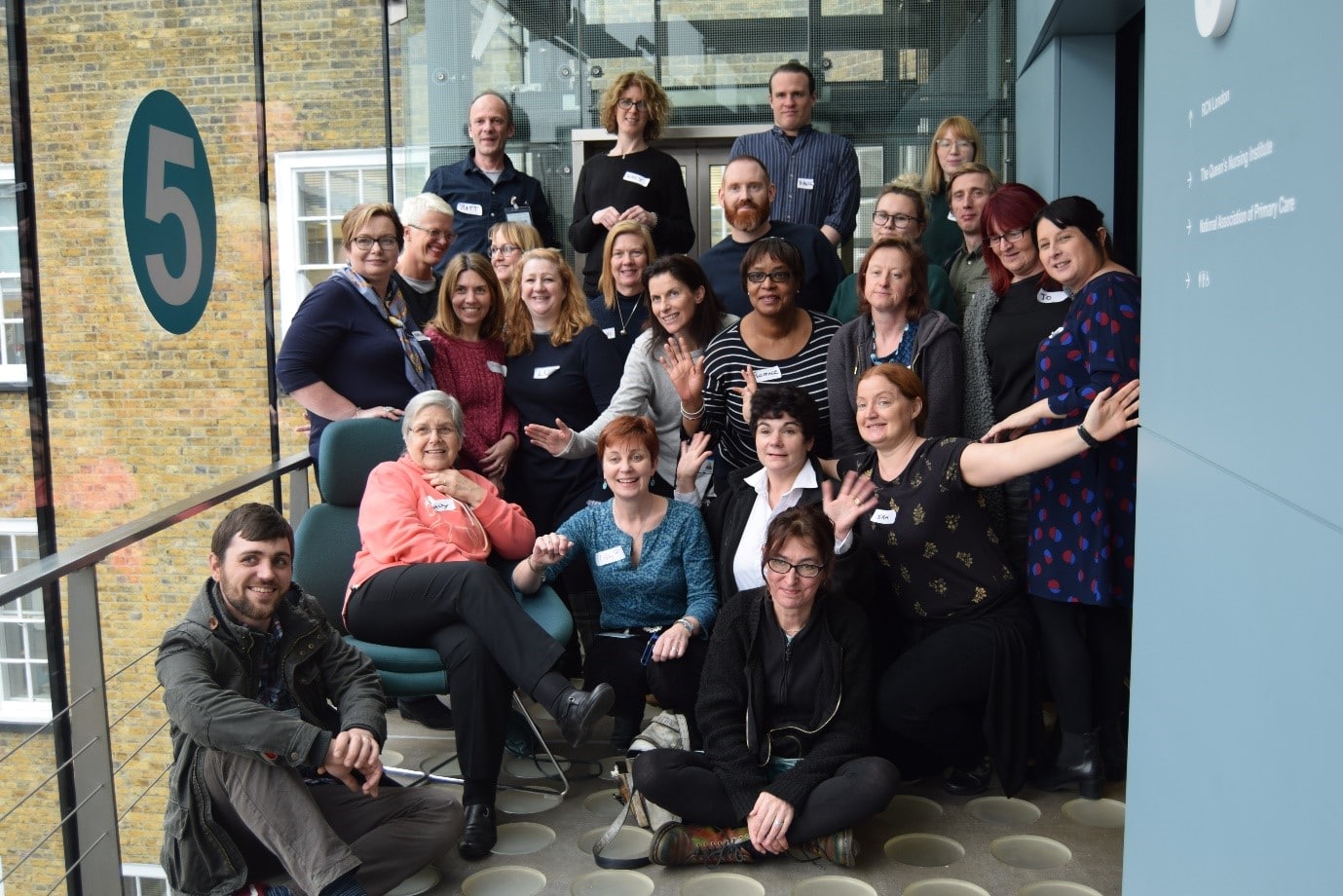Homeless hospital discharge – an emerging discipline?
22 July 2019 | Samantha Dorney-Smith
The Burdett Trust for Nursing recently granted the Pathway charity a 15-month leadership grant to identify, network and support all nurses working across the UK in the emerging discipline of homeless hospital discharge.
Homeless hospital discharge nurses work in partnership with patients experiencing homelessness to achieve timely, holistic and compassionate assessment, treatment and discharge plans that improve health and housing outcomes. Most of these nurses work in hospitals, although in many cases this is an in-reach intervention from community-based services. Some nurses work in Pathway teams, but many others do not. A small number of nurses that work to achieve better discharges for people experiencing homelessness are entirely based in the community.
The first clear reference to homeless hospital discharge practice was in 2003. A Department of Health document ‘Discharge from hospital: pathway, process and practice’1 stated that all acute hospitals should have formal admission and discharge policies to ensure that homeless people are identified on admission, and that the discharge of homeless people should be notified to relevant primary health care and homelessness services. Fast forward to 2019, and there are now around 25-30 specialist nurses in the UK directly involved in homeless hospital discharge (nearly all of whom have been involved in the project), and the NHS Long Term plan2 cited homeless hospital discharge teams (in this case a Pathway model team) as an example of good practice to reduce health inequalities.
In addition, since October 2018, the Homelessness Reduction Act (2017) has now conveyed a ‘duty a refer’ on Accident and Emergency departments and inpatient settings for patients identified as experiencing homelessness, or being at risk of homelessness within the next 56 days. This requires patients to be referred to a Local Authority for support (with their consent). The hope is to focus acute hospitals on their responsibilities for safe discharge in this group. It may also result in the recruitment of more nurses into specialist roles.

The Burdett funded project has revealed that homeless hospital discharge nurses need to be experts in clinical advocacy, patient empowerment, motivational interviewing, and health and housing rights. In addition, they need a broad clinical background in physical health, mental health and addictions and a good understanding of public health, and the concept of ‘making every contact count’, as well as an ability to gradually chip away to deliver systemic culture change. Having said that, to a large extent best practice has been developed locally by expert practitioners ‘doing the job’, and the evidence base is still limited.
Through shadowing and observation, interviews, and group workshops, the project has attempted to define the homeless hospital discharge nurse role clearly, including providing a breakdown of the knowledge, skills and experience required for the role with specimen job descriptions. An early vision for best practice has been defined, and local innovations have been highlighted. Continuing professional development needs have been analysed, and voluntary standards for practice are being developed. Finally, and perhaps most importantly the project has helped the nurses to develop a shared vision of quality, and has defined this in terms of the value of a safe, effective and compassionate discharge, rather than by cost reduction per se (although the need to deliver efficiency has been taken into account).
Chief Executive of the QNI Dr Crystal Oldman has been on the steering group for the project, and has provided a significant level of support. The Royal College of Nursing and London Homeless Health Programme have also provided input.
Project Lead Samantha Dorney-Smith is a Nursing Fellow for the Pathway charity, but has now also taken over from David Parker-Radford as the nurse project lead for the QNI Homeless Health Initiative. If you a nurse working in homeless hospital discharge or a community nurse working in homelessness working to deliver better hospital discharges, please do get in touch because Sam would like to hear from you. The report and resources developed on the project will be published and disseminated shortly.
Samanta Dorney-Smith
Get in contact at:
samantha.dorney-smith@qni.org.uk
07957 552057

 Back to Blog
Back to Blog